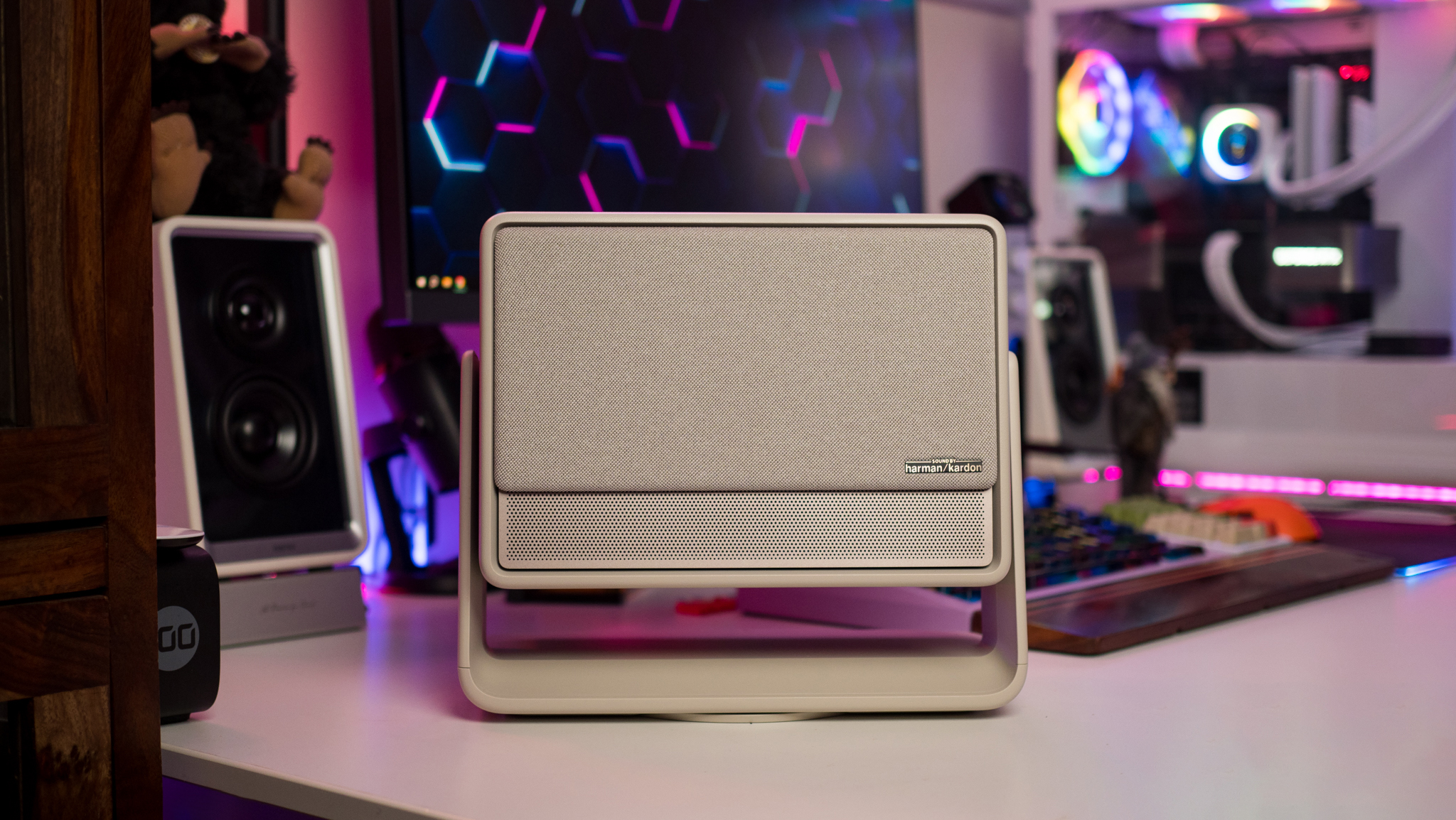
XGIMI is one of the largest projector brands globally, and while its primary source of revenue is portable projectors like the MoGo 3 Pro, it made tangible inroads into the enthusiast market with the Horizon series. I reviewed the Horizon Pro when it debuted back in 2021, and that was followed by the Horizon Ultra last year, which had a brighter projection and much better design.
XGIMI is building on that with the introduction of the Horizon S Max. The projector shares the same design aesthetic as the Horizon Ultra, but it has a new rotating stand design that makes it significantly easier to set up and use. This was one of my favorite features on the JMGO N1 Ultra, and I'm glad to see other brands utilizing a similar design.
With a dual light laser source, the Horizon S Max is able to go up to 3,100 lumens, and there is a noticeable difference over the Horizon Ultra in this regard. In fact, the Horizon S Max is one of the brightest projectors I've used, and I tested nearly two dozen models in the last four years.
It has a slate of other upgrades as well, with XGIMI making additional tweaks to its auto keystone and autofocus system. The feature is now able to change color balance dynamically to account for wall colors, and that is also a noticeable differentiator. But for all the upgrades, the one area where the Horizon S Max still lags behind its rivals is the software; while there's Android TV 11 out of the box, you don't get Netflix pre-installed, and that's just as annoying here as every other Horizon projector I used.
So should you get the Horizon S Max, or pick up one of its rivals instead? I used the projector for just over two weeks, and this is what you need to know.
XGIMI Horizon S Max: Pricing and availability
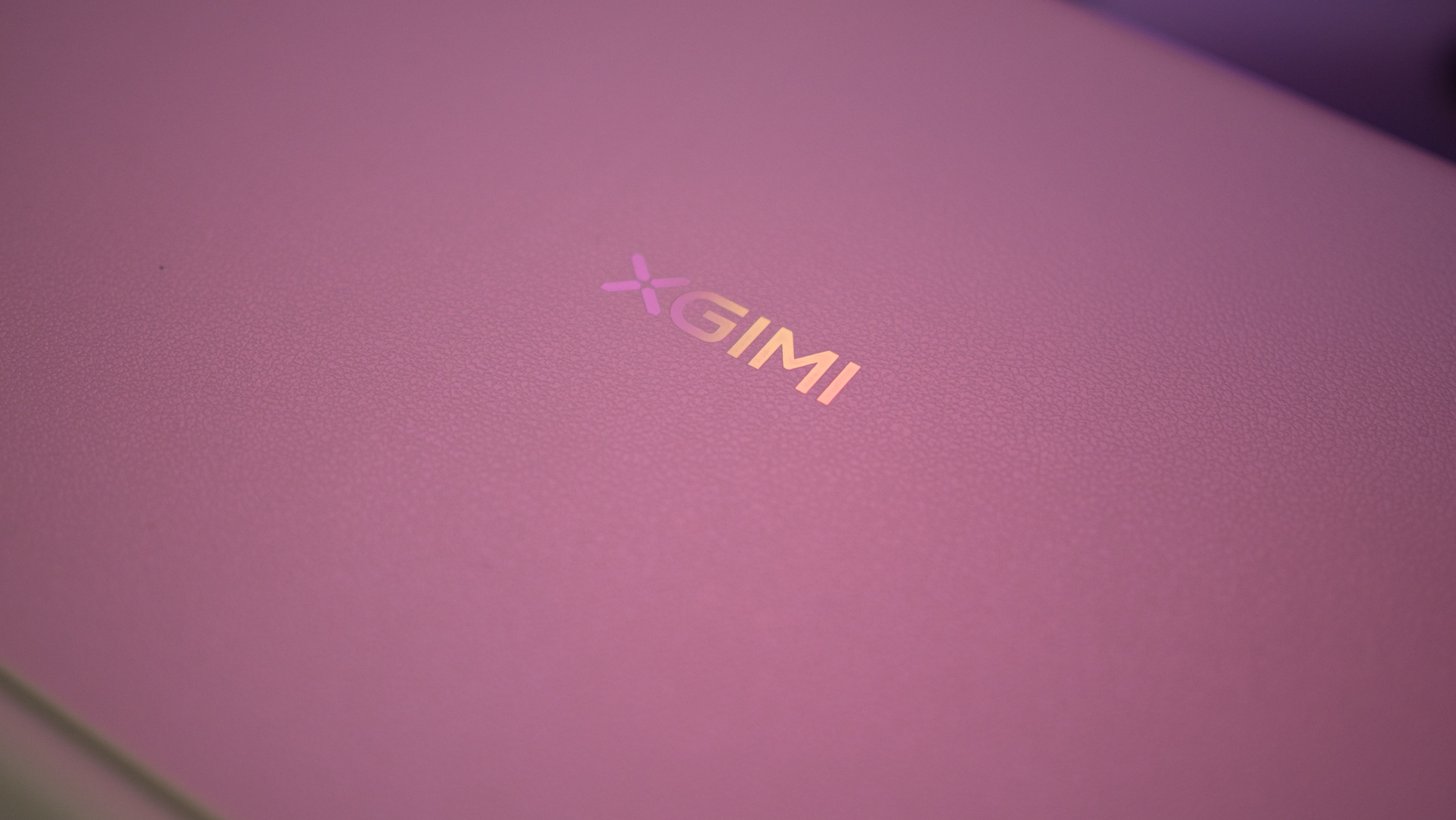
XGIMI unveiled the Horizon S Max at IFA 2024, and the projector went on sale starting October 15. It is available on Amazon for $1,899, and while that's costlier than what the Horizon Ultra cost last year — that model is now down to $1,499 — you get a brighter projection and other features.
The Horizon S Max is joined by the Horizon S Pro, which shares a similar design but has a light source that goes up to 1,800 lumens (the S Max hits 3,100 lumens). While the S Pro isn't available on Amazon just yet, it can be bought via the brand's website, where it costs $1,559 as of writing.
XGIMI Horizon S Max: Design
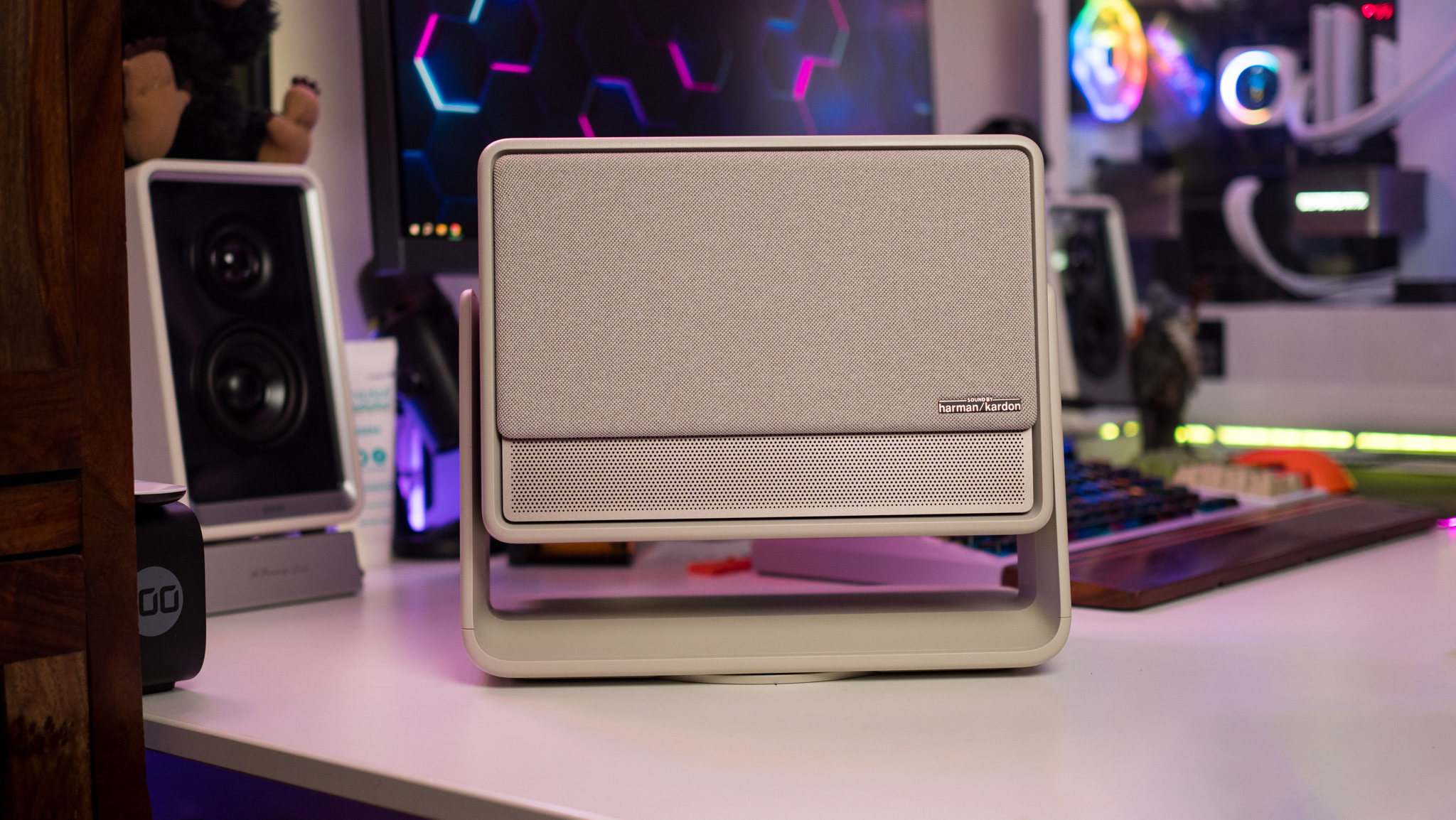
XGIMI made huge changes to the design last year with the Horizon Ultra, and the Horizon S Max sees a continuation of those efforts. It has the same design at the front with the sliding cover, and this makes a big difference in ensuring the projector lens doesn't attract dust while it's in use.
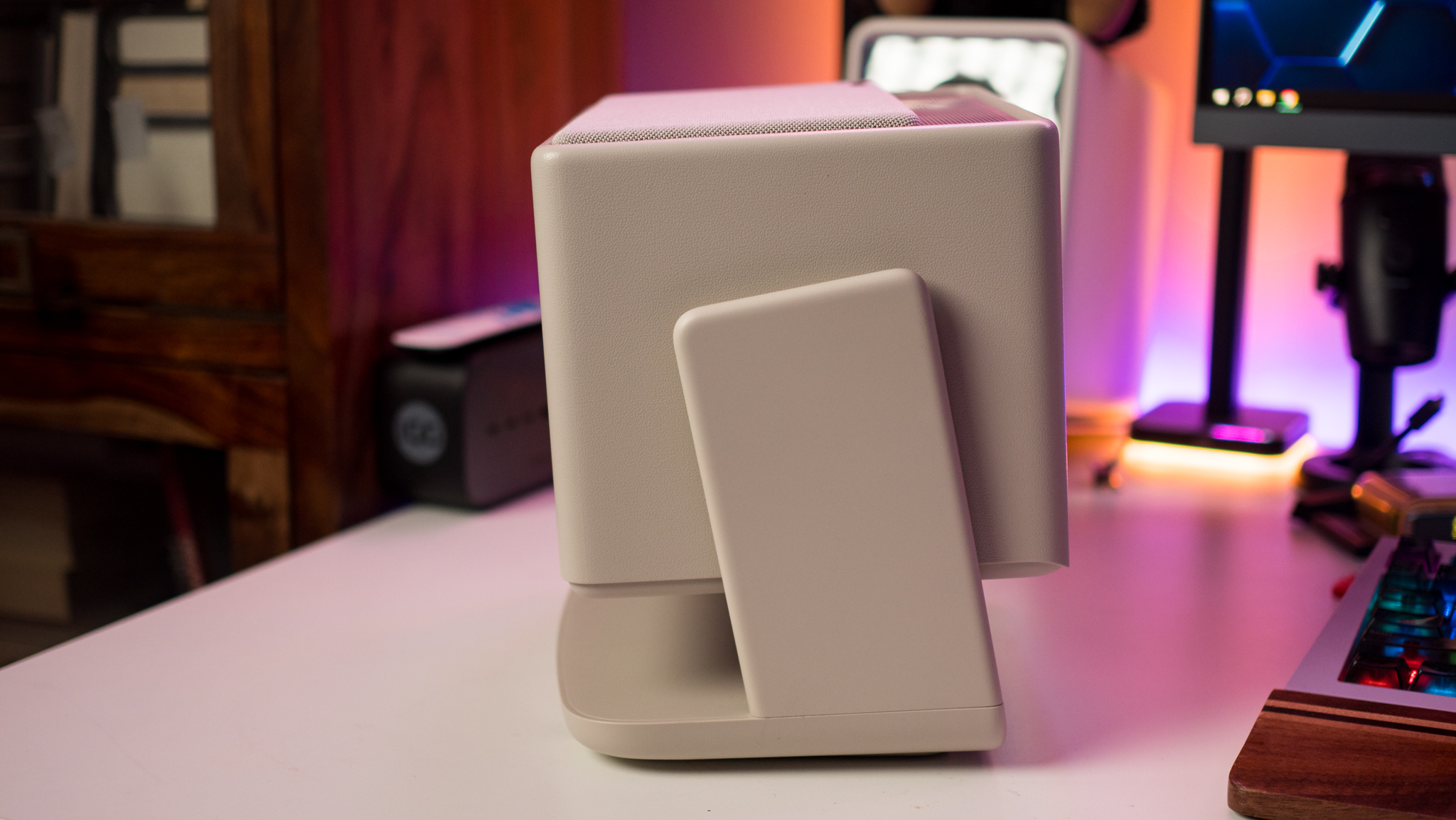
But the biggest change this time around is the introduction of an integrated stand. The projector is mounted on a stand that swivels, and the base has a turntable that allows you to easily rotate the projector. The gimbal-like mounting system makes it extremely convenient to change the orientation of the projector, and it solves the biggest pain point I have when setting one of these up.
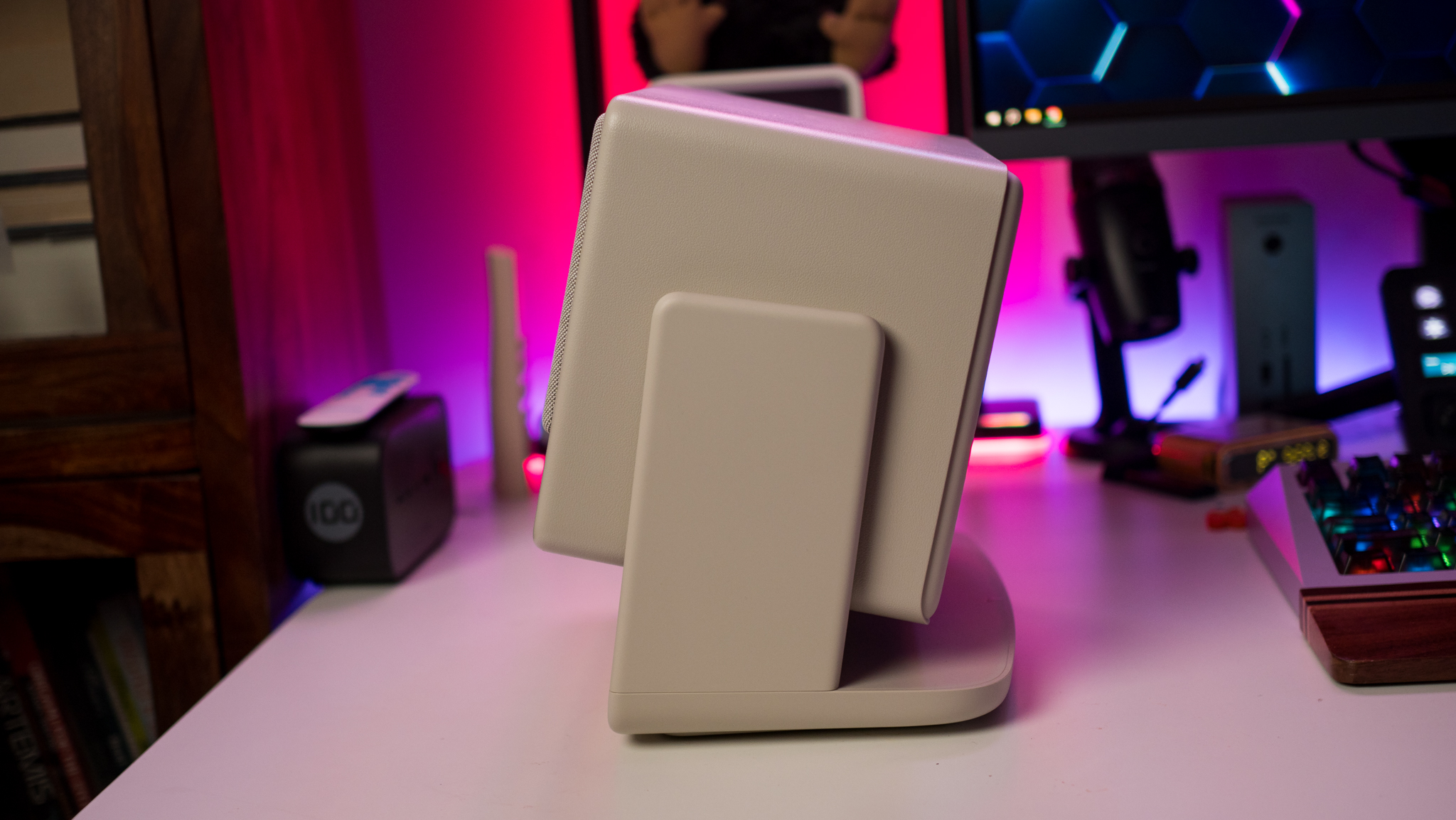
Of course, the design isn't unique to XGIMI; its rival brand JMGO rolled out the system last year on its models — notably the N1 Ultra — and it's now making its way to other brands. The stand allows you to project onto the ceiling as well, and it's pretty cool. It has a full 360-degree swivel, and 135-degre tilt, and takes the hassle out of configuring the projector against a wall.
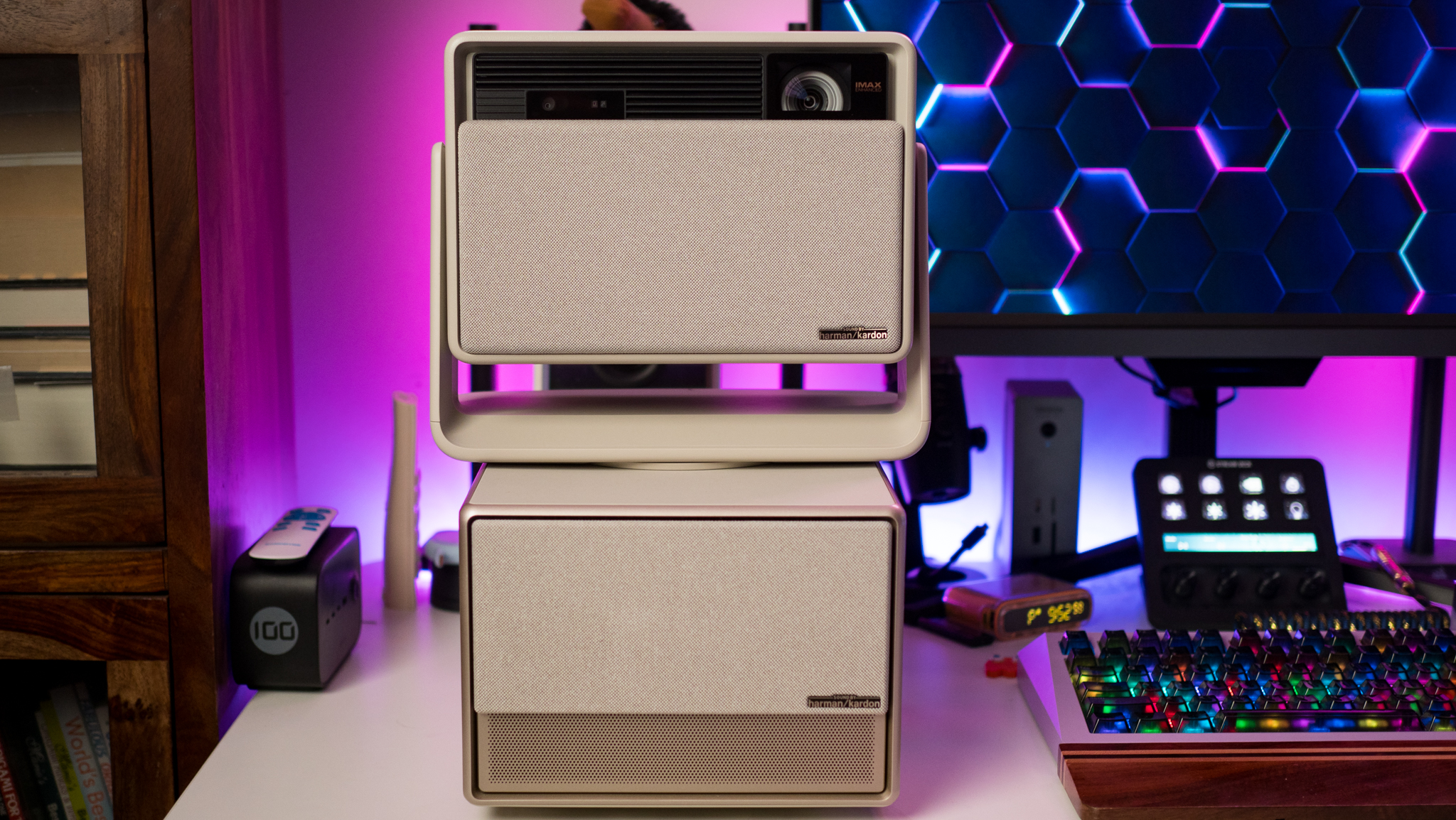
Another differentiation is the size; while the Horizon S Max looks the same as the Horizon Ultra, it isn't anywhere as wide. As the stand also houses some of the hardware, it doesn't take up anywhere as much room, and that's good to see. The one issue I have with this mounting system is that it doesn't lock into place; if you plug in an HDMI cable at the back, the projector inevitably pulls upward after some time because of the weight of the cable.
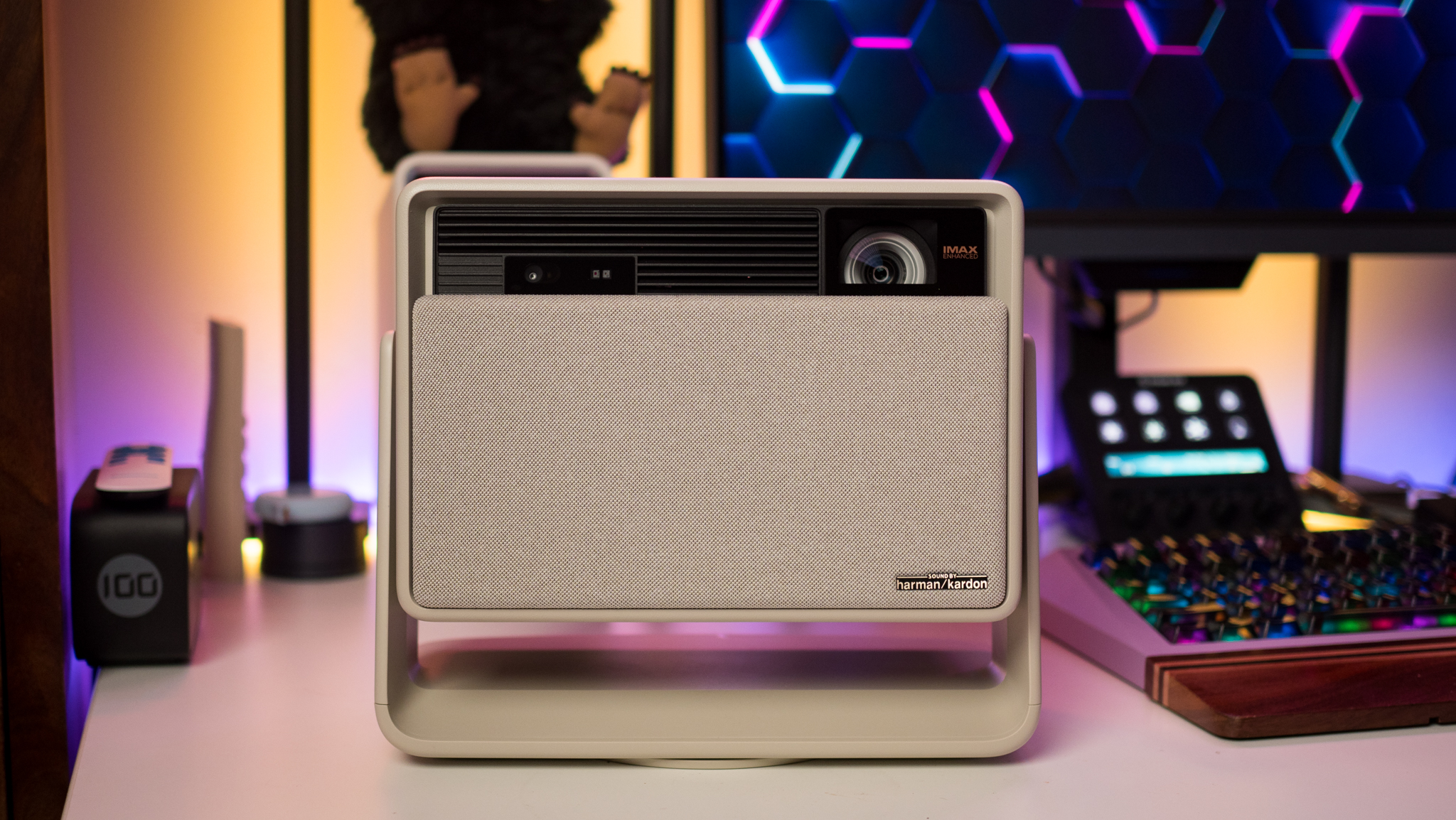
Other than that, there are no problems with the design. The chassis has a textured finish that's meant to mimic leather, but it is made out of plastic, and the build quality is predictably great. The fabric cover at the front distinguishes the design, and the gold accented grille underneath adds a nice bit of visual contrast.
I would have liked media control buttons on the projector, but that isn't a major omission — you still get a power button at the back. The power cord plugs into the base of the unit, and there's a fan at the back inside the grille. It is quiet enough that it isn't an issue when using the projector.
XGIMI Horizon S Max: Features
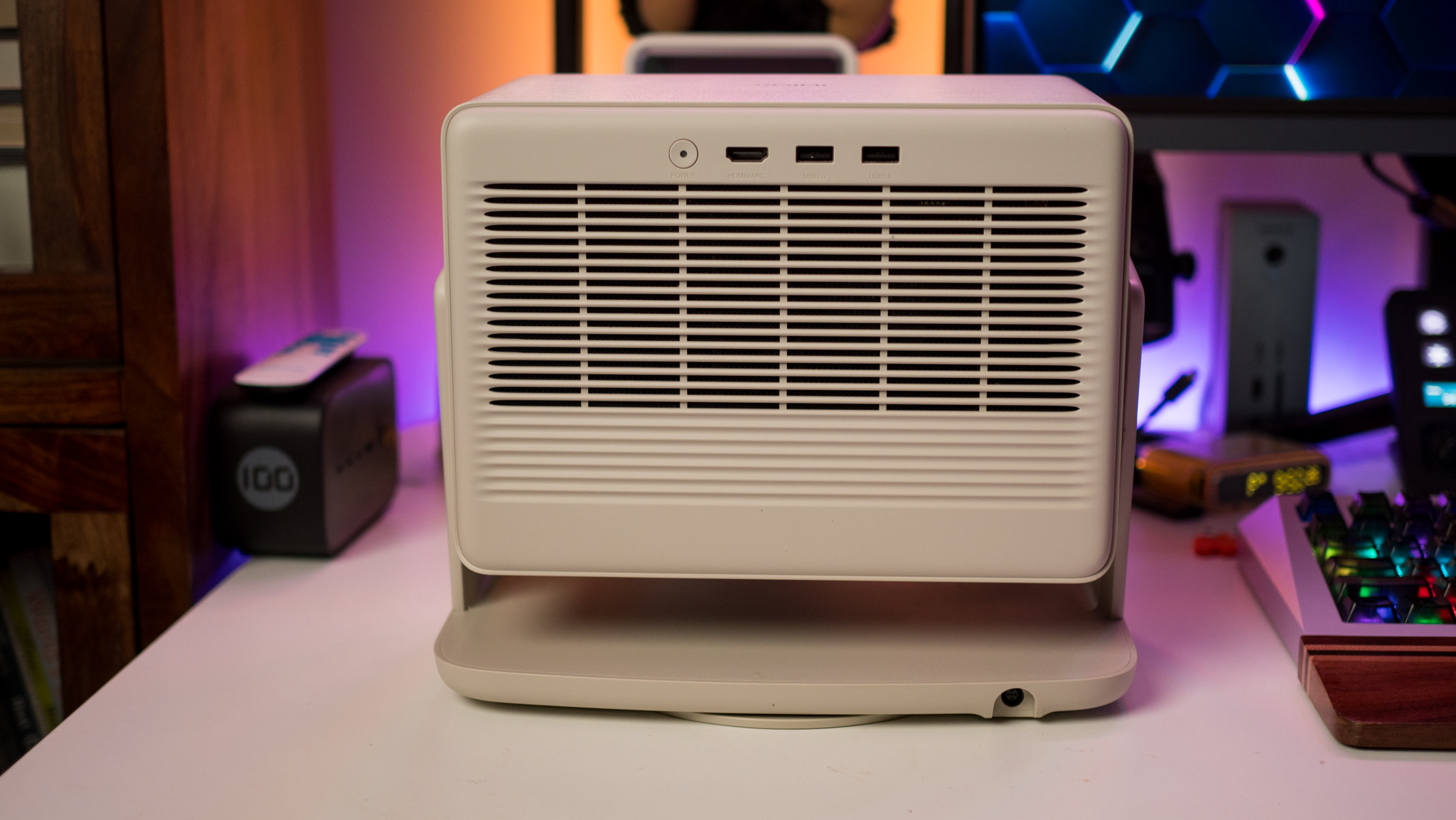
XGIMI does a great job with the basics, and that's no different on the Horizon S Max. The projector uses the brand's latest algorithm for auto keystone correction, and it works incredibly well. It centers the projection on any surface in a matter of seconds, and autofocus is just as effective.
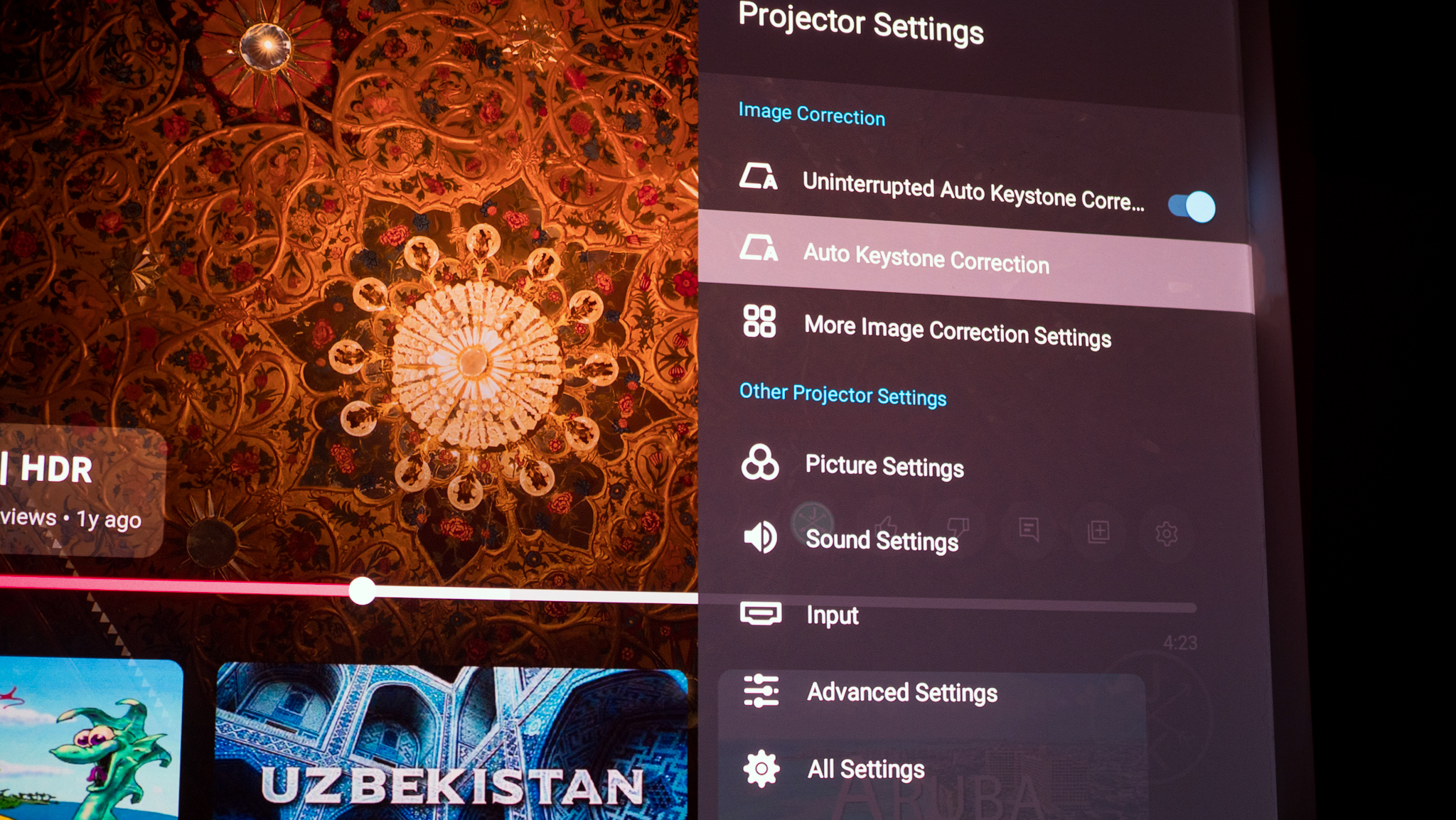
You get intelligent object avoidance and eye protection, and a new feature that's debuting this year is the ability to account for the color of the wall. The Horizon S Max automatically adjusts the color balance of the image based on the wall color, delivering a much more vibrant picture quality. Using it next to the Horizon Ultra immediately highlighted just how much of a difference this feature makes.
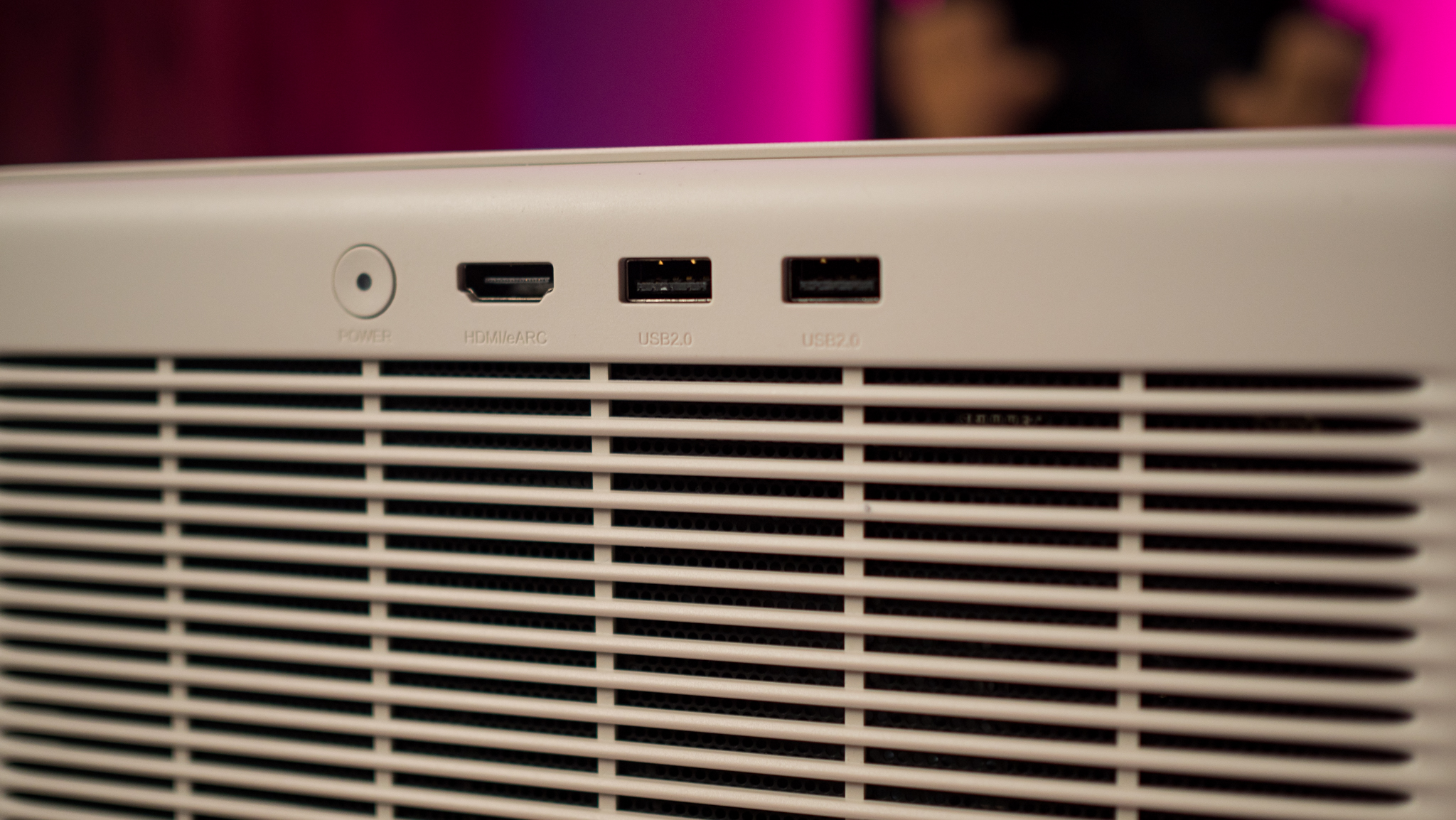
The projector is powered by quad Cortex A55 cores, and you get 2GB of RAM and 64GB of storage. There's DLNA and Chromecast integration, and dual 12W audio drivers with DTS-HD Dolby Digital sound. There's no Wi-Fi 6, but connectivity wasn't an issue in the two weeks I tested the projector, and you get Bluetooth 5.1.
There isn't much in the way of ports; other than the HDMI port (which has eARC), you get dual USB 2.0 ports. I wanted to see at least another HDMI port — that's a must-have in this category — and Ethernet connectivity, but that's missing.
XGIMI Horizon S Max: Picture and sound quality
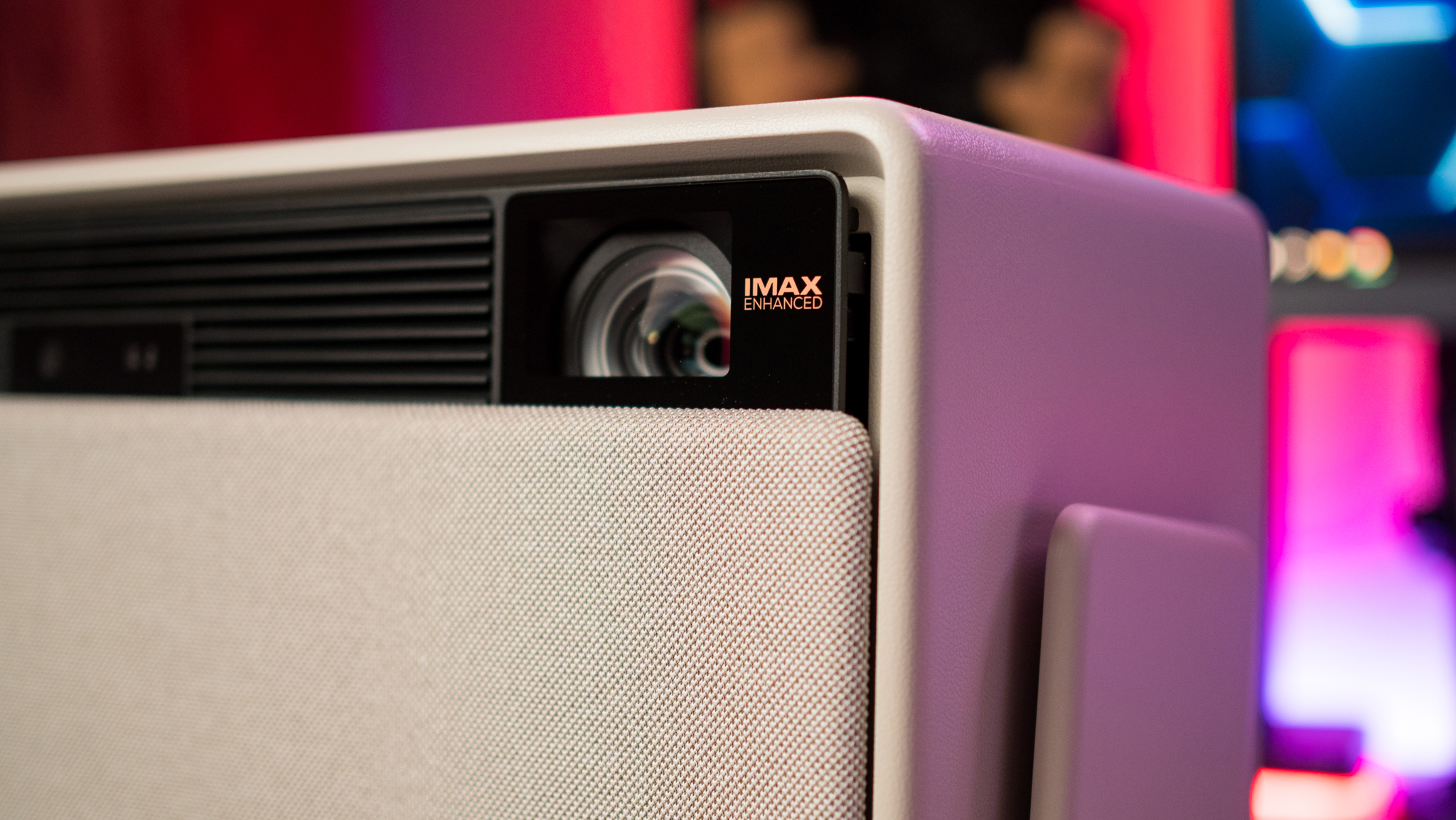
Coming to the projection, the Horizon S Max is able to go up to 3,100 lumens, a sizeable upgrade over the 2,300 lumens achieved by the Horizon Ultra and 1,500 lumens of the Horizon Pro. The projector has a throw ratio of 1.2:1, and goes up to a maximum projection of 200 inches.

The Horizon S Max is one of the brightest projectors I tested. It is noticeably brighter than the Aura UST projector that I still use regularly, and it outshines its immediate rivals — Dangbei's Mars Pro 2 and the JMGO N1S Ultra 4K projectors. The dual light source makes a difference in this area, delivering increased brightness that makes the Horizon S Max usable even in daylight with plenty of ambient light coming through.



It isn't just the brightness either; the Horizon S Max has much better color vibrancy than any other XGIMI projector I used — and I tested all of the brand's products over the last four years. You get vibrant colors with good contrast levels, and the ability to adjust the colors based on the background wall color makes a sizeable difference in this area.
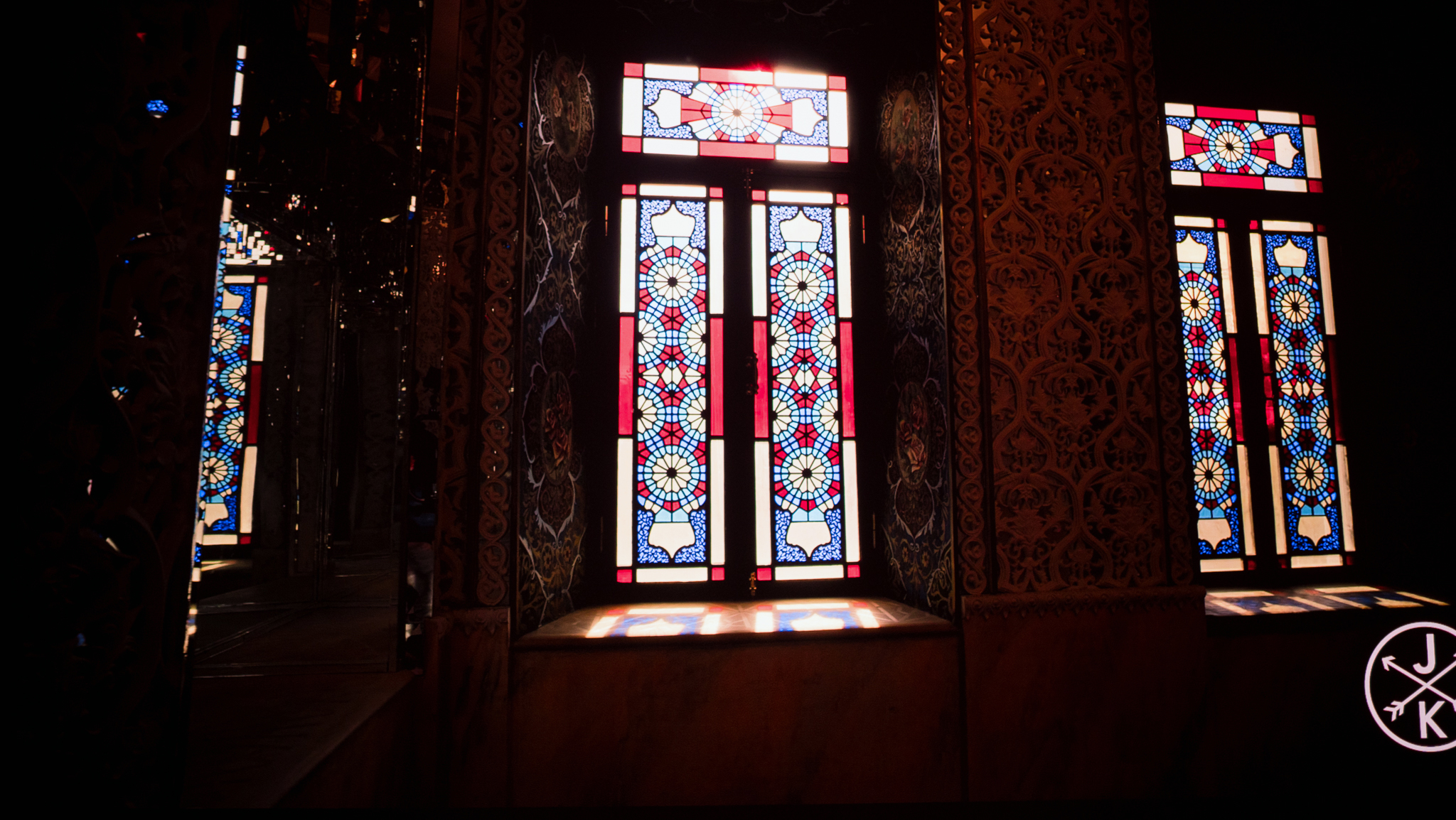
The projector has Dolby Vision integration, and it does a great job rendering scenes with varying lighting effects. As with most projectors these days, there's MEMC, and a dedicated game mode that reduces latency — you miss out on keystone correction if you switch to this mode.
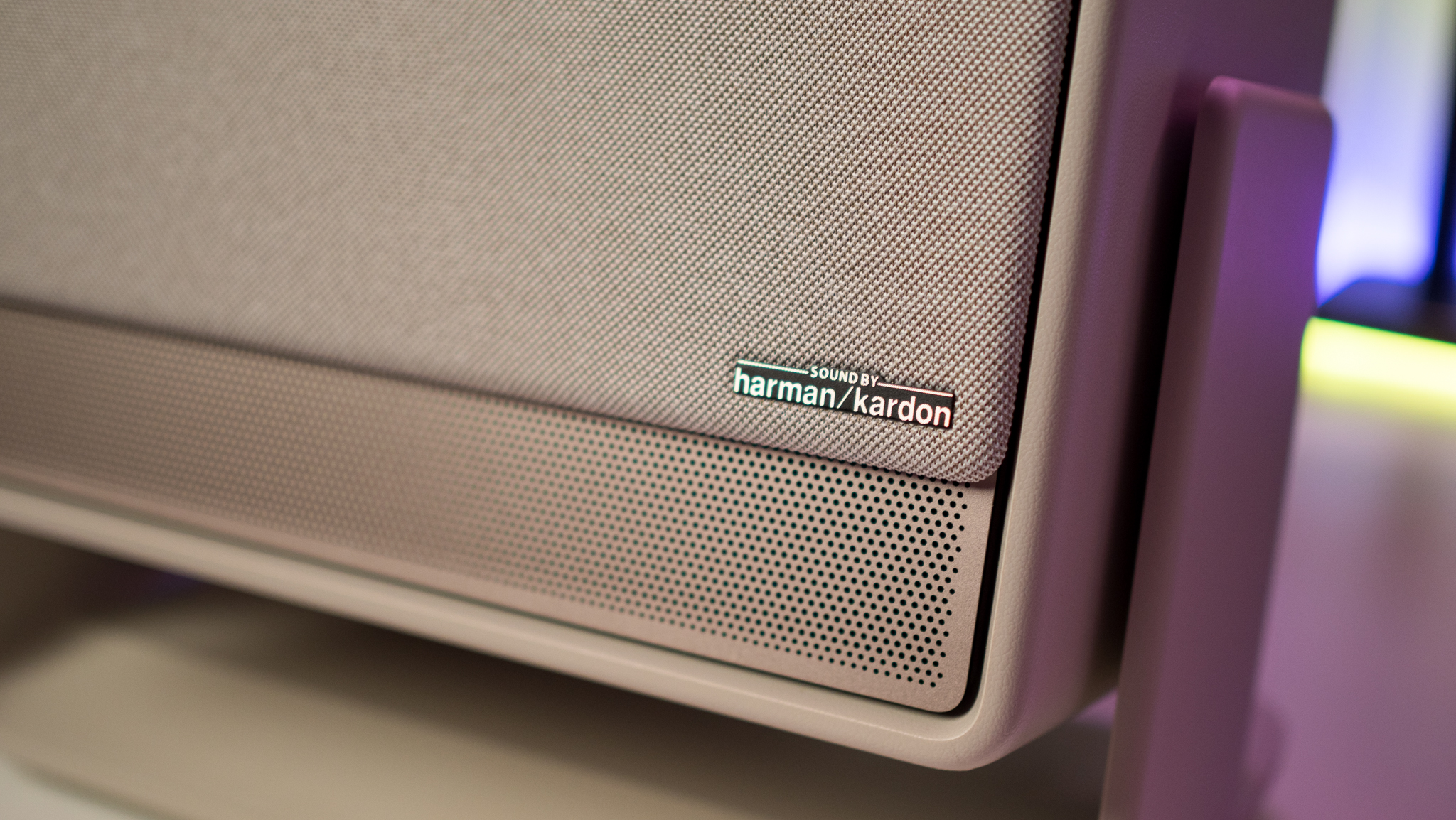
The built-in sound is great as well, and the dual 12W drivers cover a small room with relative ease. While I usually advocate a dedicated sound system — ideally a pair of powered bookshelf speakers — the built-in sound is good enough that you don't need it if you're going to use the projector in a small room.
Overall, XGIMI did all the right things in this area, and the Horizon S Max rivals the best projectors in this regard.
XGIMI Horizon S Max: Software
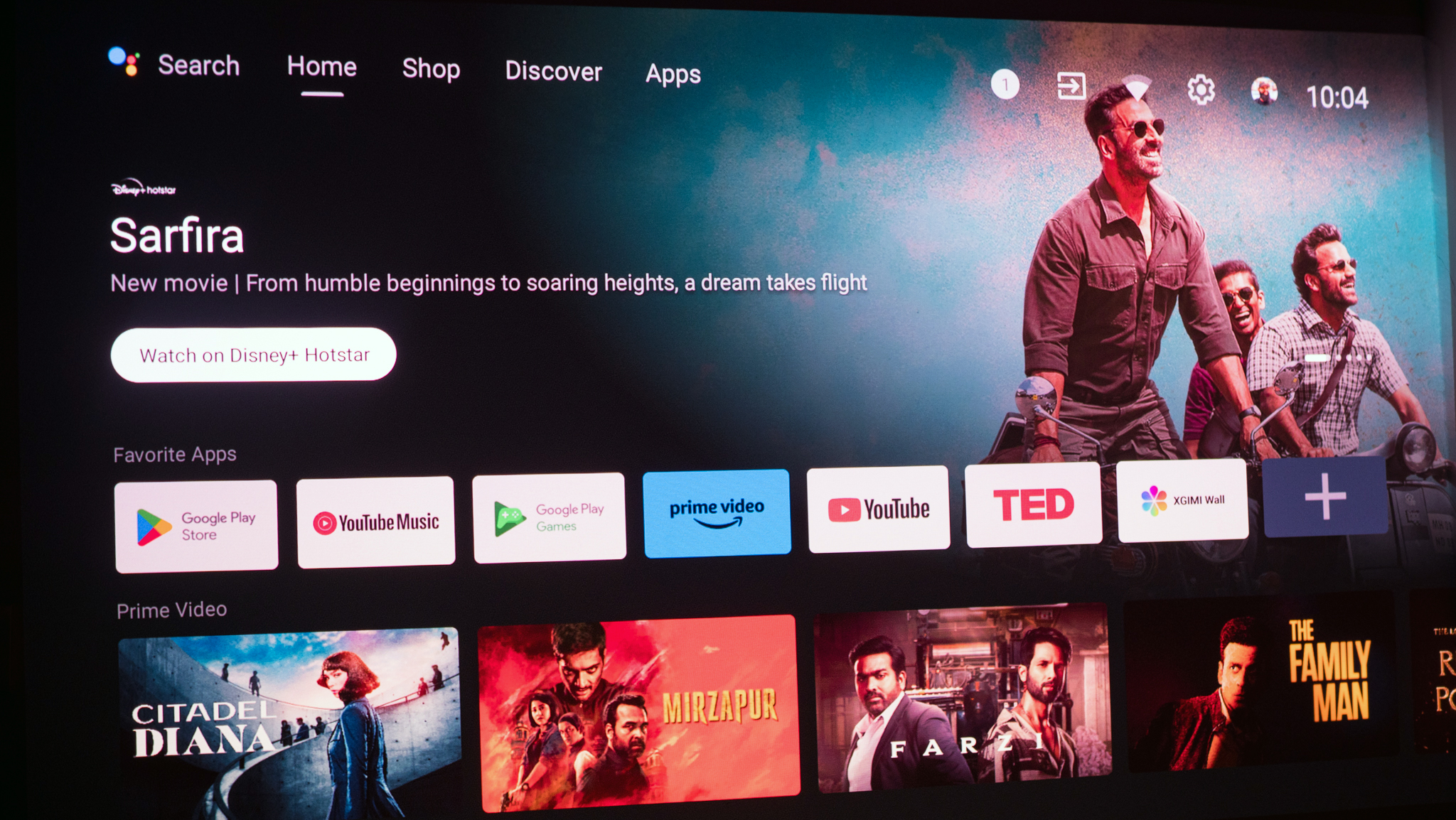
I reviewed the MoGo 3 Pro earlier in the year, and I was excited to see that the projector had Netflix pre-installed. The biggest issue with XGIMI projectors over the last four years was the lack of Netflix integration — it failed to secure a license — and given that the MoGo 3 Pro had the streaming service, I thought it would be the case with all of the brand's projectors going forward.
I was wrong. The Horizon S Max runs Android TV 11 out of the box, but there's no pre-installed Netflix. This continues to be a big limitation for the brand, and with its rivals bundling the streaming service on their projectors, XGIMI needs to address this issue soon.
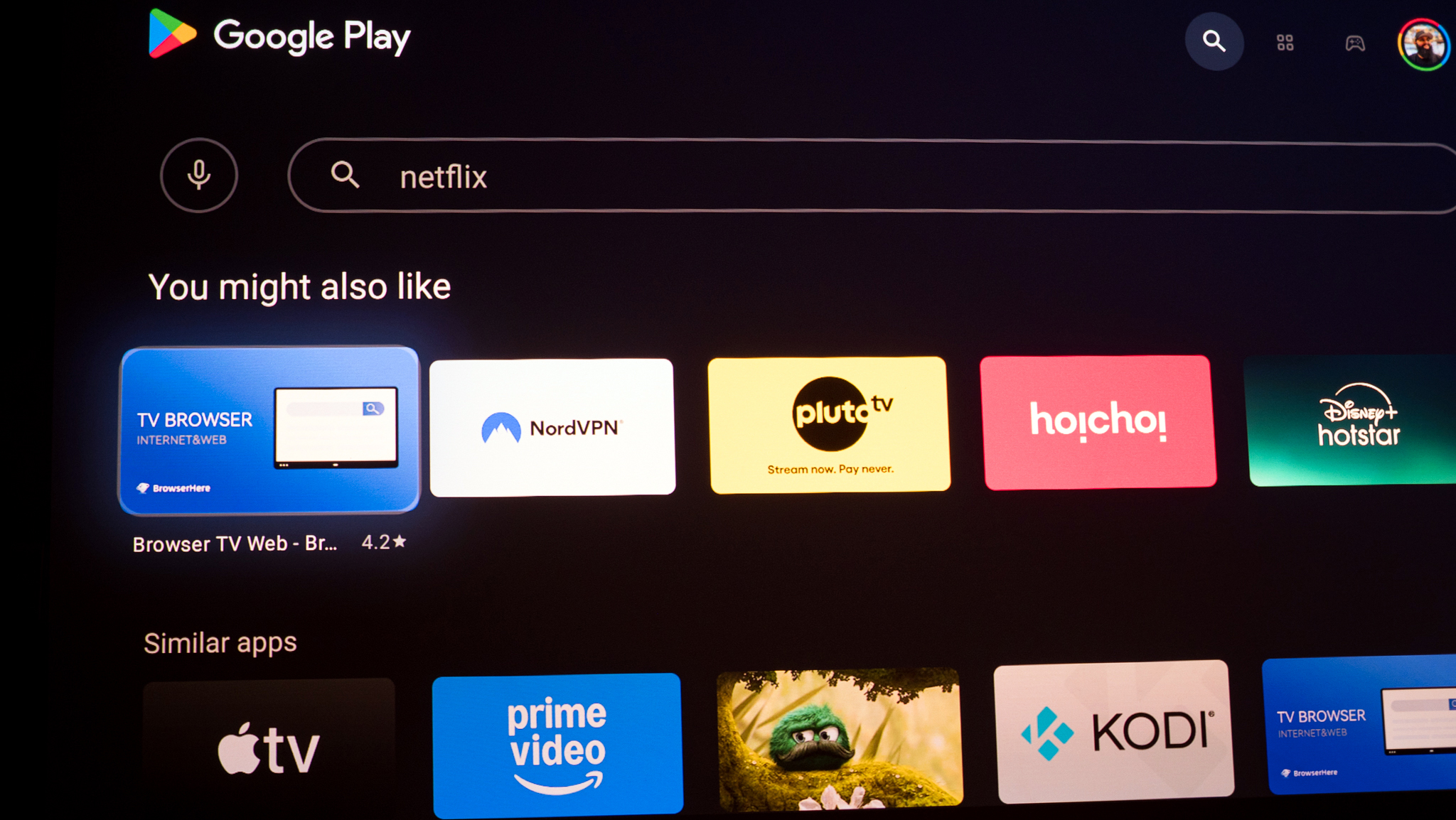
Other than that, the interface is similar to every other Android TV box. You get a wall of ads, and the Play Store allows you to download streaming services of your choice — as long as it isn't Netflix. There is a noticeable lag when browsing the interface, and that's down to the limited RAM; Android TV needs 3GB of memory to be fluid, but most brands still limit their devices to 2GB, and that hobbles usability.
The bundled remote is identical to what XGIMI provided in the past. It has all the buttons you need, and the brushed metal design feels great. The only issue with the remote is that it doesn't have backlit buttons.
XGIMI Horizon S Max: The competition
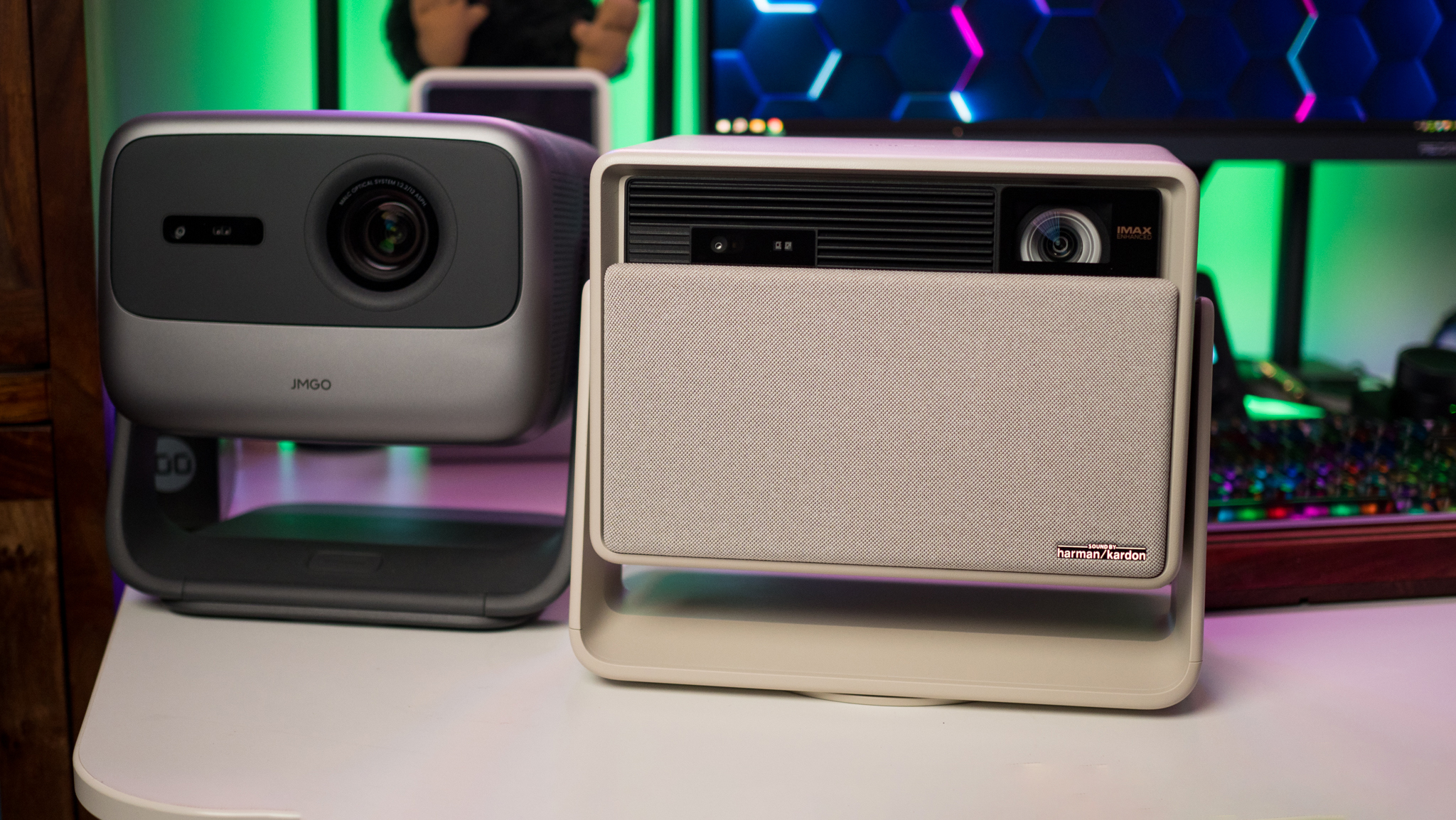
Dangbei's Mars Pro 2 is the closest alternative to the Horizon S Max. The Mars Pro 2 doesn't get as bright, but it is still usable with ambient light, and while the projector doesn't have the same great design, there are no problems with the build quality. What I like the most about the Mars Pro 2 is that it has Google TV built-in, and you get Netflix pre-installed. That necessitates the need for another dongle, and the best part is that it costs $1,399, undercutting the Horizon S Max.
I tested JMGO's N1 Ultra last year, and while the projector has a similar design, it also misses out on Netflix, and it doesn't get as bright — nor is the image quality anywhere as good. It is a decent value at $1,453, but I still prefer the Horizon S Max.
XGIMI Horizon S Max: Should you buy it?

You should buy this if:
- You need a home projector with outstanding picture quality
- You want a projector that you can use during the day
- You need good built-in sound
- You want a projector that's easy to set up and use
You shouldn't buy this if:
- You need Netflix pre-installed
- You want a great value
XGIMI is offering considerable upgrades with the Horizon S Max. The projector gets noticeably brighter than its immediate rivals, the design is easily the best in this segment, and the new flexible stand makes setting up the projector a breeze. XGIMI does a great job with basics like auto keystone correction and autofocus, and while these are standard on all home projectors these days, the brand has a unique extras — like wall color matching — that allow it to stand out.
The picture quality is outstanding, and that alone makes it easy to look past the projector's foibles. The lack of Netflix continues to be a major issue, and the interface is laggy in daily use. But if you're willing to connect a dedicated streaming device and are instead looking for a projector with the best image quality in the sub-$2,000 category, the Horizon S Max gets my recommendation.





